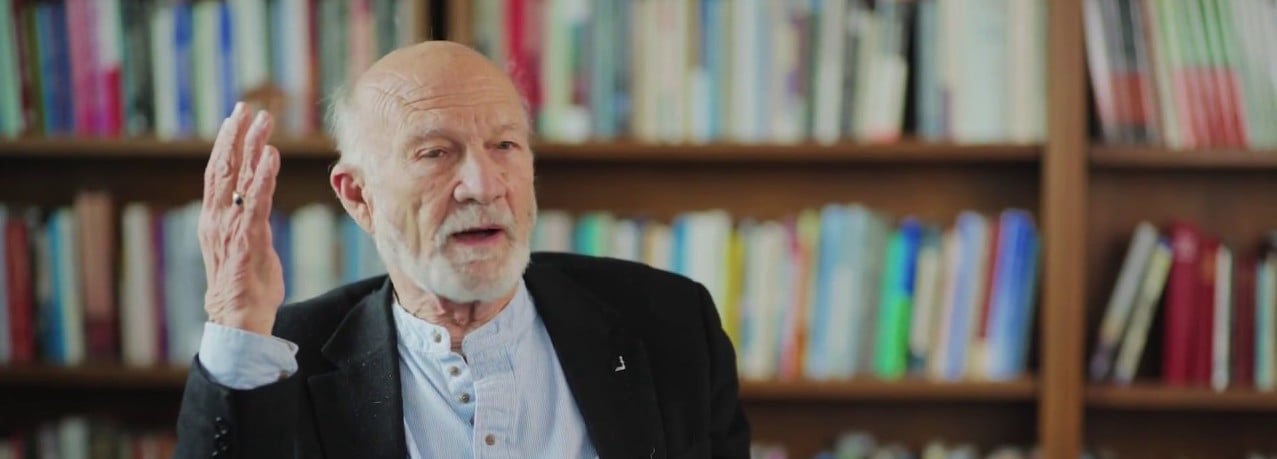In 1986 Stanley Hauerwas wrote a brilliant essay on Peace and the significance of the trivial. The essay is one of my favorites, and I believe is of particular importance today.
Login to read more
Sign in or create a free account to access Subscriber-only content.
Topics:
